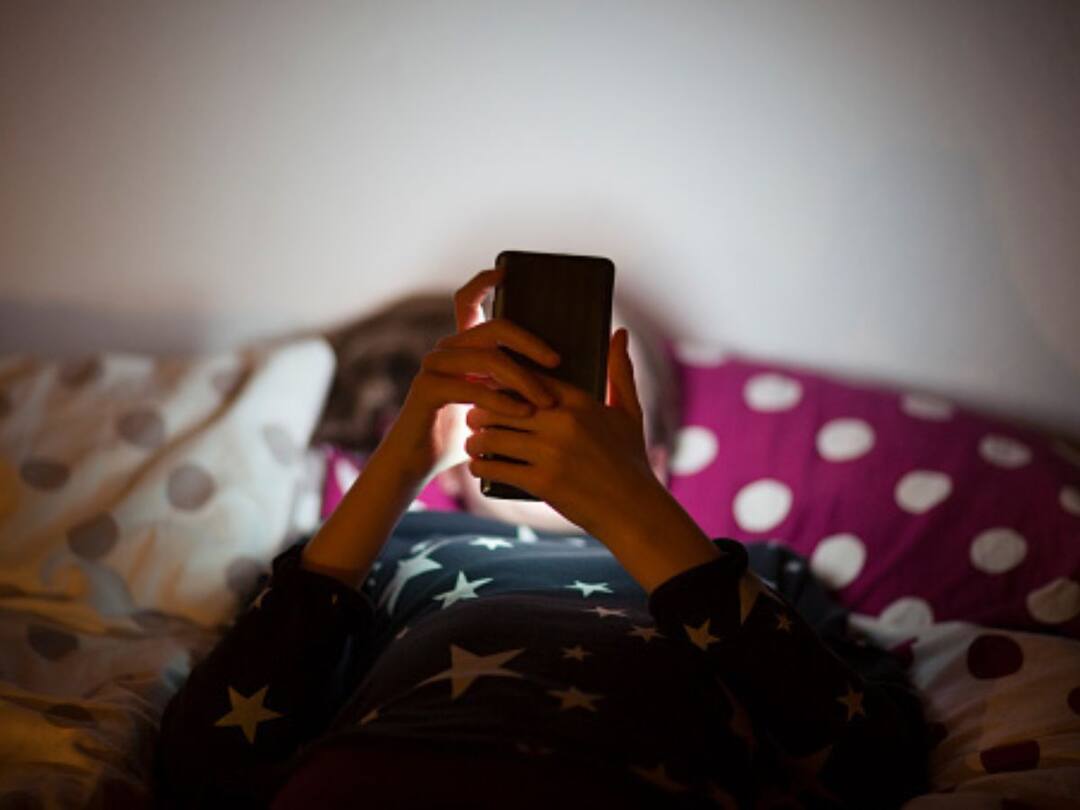Social Media Platforms Should Have A Minimum Age Limit Of 21 For Users, Karnataka HC Suggests
The Court recommended either implementing a ban on social media or setting a minimum age of 21 for users, highlighting concerns about the addictive nature of social media platforms.

The Karnataka High Court proposed on Tuesday that the Central government should contemplate establishing a minimum age requirement for accessing social media, aiming to restrict usage by minors, as reported by PTI. During deliberations on the potential hazards of exposing children to social media, a bench comprising Justices G. Narender and Vijaykumar A. Patil recommended this measure. The Court recommended either implementing a ban on social media or setting a minimum age of 21 for users, highlighting concerns about the addictive nature of these platforms for school-going children and questioning their maturity to discern national interests at the age of 17 or 18 when compared to the voting age of 21.
These comments were made during the concluding part of the hearing concerning an appeal by X Corp (previously known as Twitter) related to the Centre's directives to block specific tweets and accounts in 2021 and 2022.
The Court is set to announce its decision on the interlocutory applications (IAs) tomorrow.
The counsel representing the Central government informed the Court that current legislation mandates users to provide Aadhaar and other documentation to access specific online games. In response, the Court raised the question of why similar measures were not being applied to social media platforms.
The Court expressed concerns that adjustments might be necessary to ensure that intermediaries like X Corp are protected from potential legal action by account holders, especially when complying with takedown requests while maintaining confidentiality. The bench stressed the need for a clear framework and immunity for such intermediaries based on specific rules and guidelines.
Furthermore, the Court highlighted that X Corp should not be expected to make subjective judgments on content removal, emphasising the importance of assessing whether the content in question violates the Information Technology Act, 2000, Section 69A (1) and (2). The Court emphasised that compliance with blocking orders is required only when a violation of these provisions is evident.
Meanwhile, X Corp's counsel clarified that the appeal's challenge was limited to the earlier observations made by a single judge regarding the interpretation of laws on post and account blocking. It was stated that X Corp has since complied with the previously contested demands to block posts and accounts. However, concerns were raised regarding the lack of sufficient reasons provided for requesting the takedown of over 1,000 tweets.
The Court acknowledged these concerns, particularly related to the justification and reasons behind the Central government's blocking orders, emphasising the need for proper justifications to protect social media intermediaries from potential legal action by users.
The case initially began with Twitter challenging certain blocking orders issued by the Indian government, resulting in a single judge of the Karnataka High Court rejecting the challenge and imposing a Rs 50 lakh fine on the social media platform for perceived delays in compliance with block requests. Subsequently, the microblogging platform appealed this decision, and on August 10, a division bench of the High Court stayed the single judge's order, subject to X Corp depositing Rs 25 lakhs to demonstrate its good faith.
The matter is scheduled to be revisited tomorrow for the pronouncement of orders on the interlocutory applications.





































